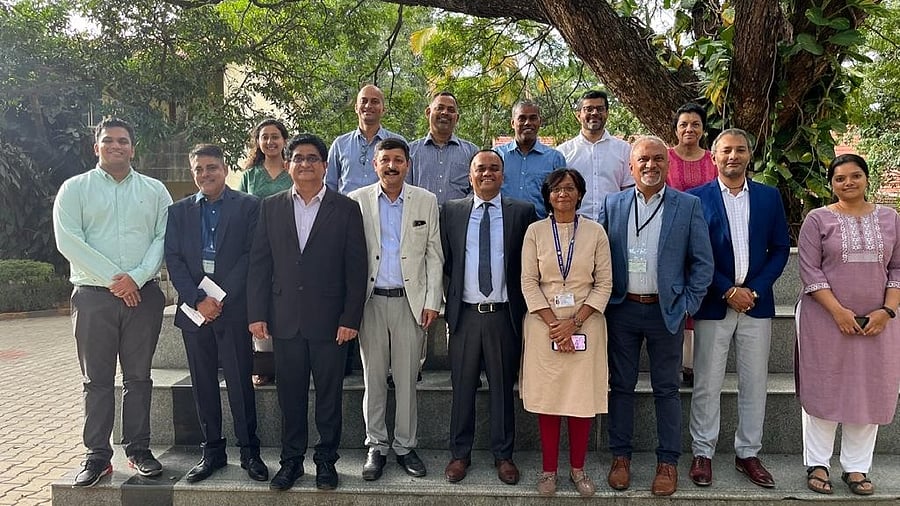
The 10 corporate honchos, who are currently preparing an outline of what they set to achieve by the end of their term, will work with departments such as skill development (financial empowerment of rural and semi-rural women), youth services (enhance adoption of existing schemes), education (reduce dropouts) and industries (revamp single-window clearance system).
Credit: Special Arrangement
A total of ten professionals – who have held leadership roles in the private sector – have given up their prime careers and fat salary to work with the Karnataka government for a short period of 18 months.
In what can be termed as a public-private partnership of a different kind, these corporate minds will use their expertise to address critical challenges faced by the government by working closely with bureaucrats.
The initiative, also known as the Indian Administrative Fellowship (IAF), is anchored by Bengaluru-based The Nudge Institute.
After introducing the programme for the first time during the Covid-19 pandemic in 2021, the not-for-profit took the second leap by picking the 10 best from the 730 applications it received for the fellowship.
The 10 corporate honchos, who are currently preparing an outline of what they set to achieve by the end of their term, will work with departments such as skill development (financial empowerment of rural and semi-rural women), youth services (enhance adoption of existing schemes), education (reduce dropouts) and industries (revamp single-window clearance system).
Broadly, they are expected to infuse expertise, innovation, efficiency and collaboration in different government departments, which are short-staffed, outdated and slow in adopting new technologies.
Sudha Srinivasan, CEO of The Nudge Centre for Social Innovation, said the fellowship aims to leverage the strengths and capabilities of socially conscious technology leaders and visionary civil servants.
“Professionals can bring a different perspective to the government on key subjects such as digitization and skilling. Our focus has always been poverty alleviation at scale. The programme helps us touch the life of economically backward people,” she said.
On the choice of fellows, Sudha said most have chosen to work with the government with a sense of service.
A senior government official said the second batch of 10 fellows joined the service in the first week of July.
“Instructions have been given to all department heads to take their help while brainstorming any projects or policies. We will use their know-how and technical skills to improve lives of citizens,” he said.
Some of the outcomes of the first cohort include: 36 new projects anchored in technological innovation and system reforms as well as 283 recommendations suggested to the department on schemes, guidelines, processes, etc.